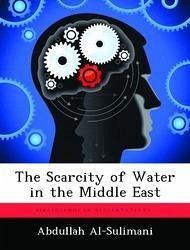Nicht lieferbar

State Strategies to Combat Resource Scarcity
Versandkostenfrei!
Nicht lieferbar
States have historically faced resource scarcities that impeded accomplishment of their policy goals. They have applied disparate strategies in response and have achieved varying levels of success. This study examines historical instances of these scarcities, or ends-means disconnects, by analyzing Germany, Israel, and Iceland as case studies. The author assesses the importance of resource scarcity to state policy, and introduces a methodological framework by which to compare the three. World War II Germany attempted to counter its perceived scarcities of land, petroleum, and metals by acquiri...
States have historically faced resource scarcities that impeded accomplishment of their policy goals. They have applied disparate strategies in response and have achieved varying levels of success. This study examines historical instances of these scarcities, or ends-means disconnects, by analyzing Germany, Israel, and Iceland as case studies. The author assesses the importance of resource scarcity to state policy, and introduces a methodological framework by which to compare the three. World War II Germany attempted to counter its perceived scarcities of land, petroleum, and metals by acquiring more land; this approach is consistent with a strategy based primarily on means. Israel decided to combat its perceived scarcity of water by using water more efficiently and by securing the headwaters of critical freshwater sources. According to the study's methodology, Israel's strategy was both ways-centric and means-centric. Iceland worked to counter its perceived fish scarcity by obtaining exclusive access to fishing areas and by pursuing conservation measures. These actions also reflect a strategy based on both means and ways. The thesis concludes by assessing emergent themes common to the three cases and by answering the question, 'How should states respond to resource scarcity?







